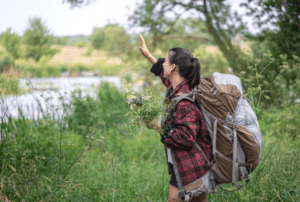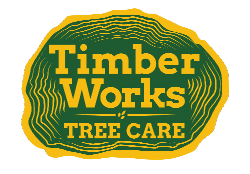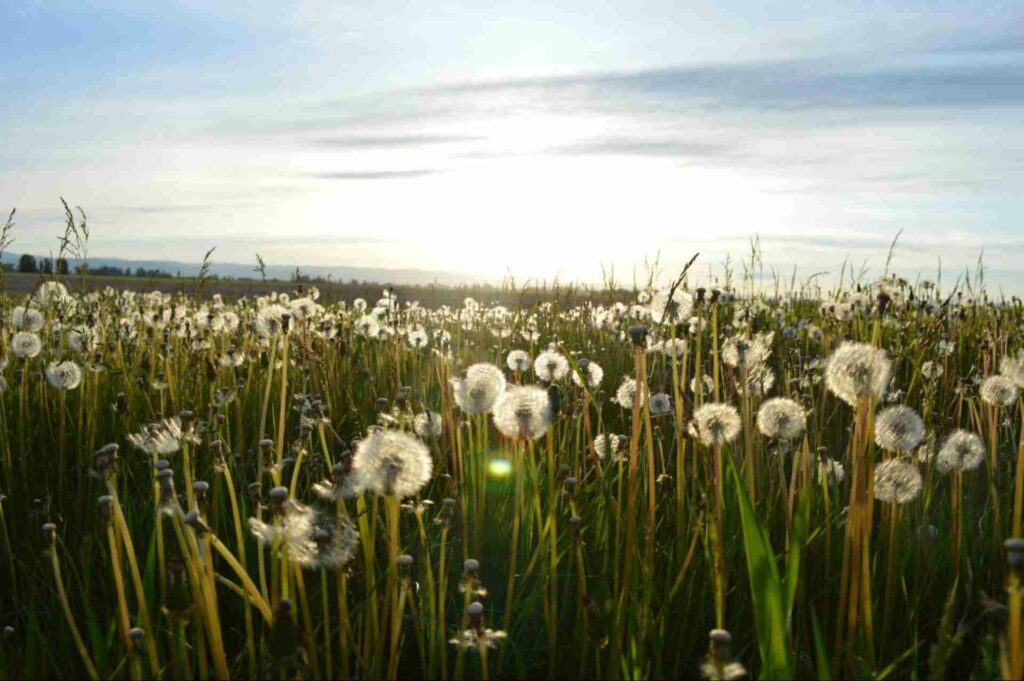From cleaning off your clothes and pets of any seeds or pollen after a hike to being highly selective of where you get your plants and firewood from, there are many ways to prevent the devastating effects of invasive plants. One of the most effective ways to get rid of them is through professional forestry mulching, which is a form of land clearing that grinds away plants, weeds, and small trees into mulch.
Timber Works Tree Care is the top forestry mulching service in Delaplane, VA, and the surrounding Northern Virginia region. From tree removal and stump grinding to land clearing and site preparation, we also perform a wide variety of tree services for both residential and commercial clients. Our team of friendly and experienced tree service professionals is well-trained in all forms of tree removal, and our company guarantees that all services are performed safely and without issue.
Below, we discuss what invasive plants are and how you can prevent their spread in Virginia:
What is an Invasive Plant?
Invasive plants can be defined in several ways, with many characteristics applied to them. The US Department of Agriculture defines an invasive species as: “a species that is 1) non-native (or alien) to the ecosystem under consideration and 2) whose introduction causes or is likely to cause economic or environmental harm or harm to human health.”
A non-native plant is introduced to a new habitat through human intervention, whether intentionally or unintentionally. Not every non-native plant becomes invasive. Being placed in such different environmental conditions can prevent some non-native plants from growing and reproducing without assistance.
However, as defined in the second part of the USDA’s definition, a non-native plant species will become invasive when it begins to spread and overtake resources from native species, all without human assistance. This could cause extreme harm to the environment, and thus to our lands and communities.
To maintain the integrity of our precious ecosystems in Virginia, we must effectively manage and prevent the spread of invasive plant species, as well as harmful pest and plant diseases.
Ways to Prevent Invasive Plants From Spreading

Only Get Native Plants
Among the most common ways that invasive plants spread within a habitat are simply planting them in a garden or yard for decorative purposes.
It’s a simple mistake that can cause an enormously negative impact on the environment.
Therefore, one method of prevention that we advise is to only purchase and use plant species that are native to your area. This helps sustain the local environment and maintain its health, as well as reduce the spread of invasive plant species.
Check Your Clothing
Another way that invasive plants are transmitted from one area to another is through a person’s clothing. For example, say you’re taking a hike through a distant trail away from your local area.
During your hike, you may pass by an invasive plant and accidentally get some of its spores or seeds stuck to your clothing. Once you return home, those seeds or spores can then be released into your home’s local environment, causing the spread of the invasive plant.
Therefore, make sure to check and wipe off any seeds or other plant matter from your shoes, boots, pants, socks, and other clothing.
Check Your Pet’s Fur
In addition to yourself, invasive species may also spread through your pet’s fur in much the same way as through your clothing. This can simply be resolved by quickly washing or thoroughly brushing your pet’s fur after each time you go to a new area outside your locale.
Clean Your Boat/Car
Another method of transmission for invasive plants is your vehicle, particularly your boat or car. In the case of a boat, some invasive species can grow in or spread through bodies of water, such as hydrilla. In the case of your car, all manner of plant species can end up in your rims, between your tire treads, and other areas.
In either case, before returning to your home from a different area, make sure to have your boat or car cleaned to prevent the spread of any invasive species.
Be Careful With Firewood
Finally, one of the most common methods of invasive plant transmission has been through firewood, as they tend to carry plant spores or seeds even after being cut down.
The Virginia Department of Conservation and Recreation has advised those who regularly use or produce firewood to only use wood that has been supplied within your local area. In other words, “Burn it where you buy it.” This will prevent invasive plant species, as well as pests and plant diseases, from spreading to areas where they already haven’t.
Timber Works Tree Care: Efficient Forestry Mulching in Delaplane, VA
Invasive plants are no joke—they can cause havoc to the natural ecosystem and overall environment if left unchecked. If you learn that they’ve already spread into your landscape, consider getting rid of them through comprehensive forestry mulching services from Timber Works Tree Care. We have served numerous home and property owners throughout Delaplane, VA, grinding away plant overgrowth, as well as providing quality tree removal, land clearing services, and much more. Our specialists are trained and ready to help you, so contact us at (540) 692-9606 to schedule a service or learn more about how we can help you and your landscape stay healthy and strong today!







